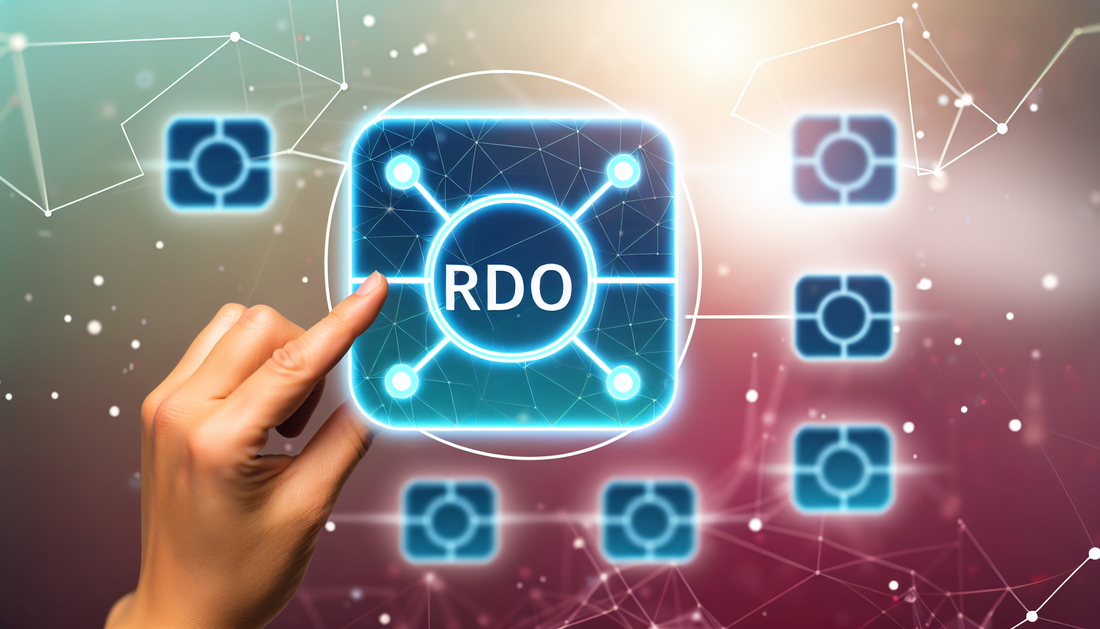
RDAO: Redefining Governance in Decentralized Finance
Share
Comment on Data: Understanding RDAO
RDAO, a crypto asset linked with decentralized finance (DeFi) governance models, offers a unique perspective on data within the emerging blockchain landscape. As DeFi continues to gain traction, the role of decentralized autonomous organizations (DAOs) in managing and interpreting data becomes increasingly significant.
The primary function of RDAO involves utilizing on-chain data to drive governance decisions. This process ensures transparency and accuracy by utilizing blockchain's immutability. The data-driven approach is seen as a solution to the centralized challenges faced in traditional finance systems, offering a more democratic structure where decisions are based on data aggregation and community voting.
One of the key considerations for RDAO when analyzing data is the concept of on-chain reputation systems. By integrating reputation tracking mechanisms, RDAO aims to enhance trust and accountability within its network. This mirrors ideas explored in related blockchain systems, such as those discussed in The Power of On-Chain Reputation Systems: Building Trust and Accountability in Decentralized Finance, highlighting how reputation can influence governance.
The reliance on data also extends to understanding user behavior and preferences, which can aid in tailoring governance proposals to meet community needs more effectively. Integrating behavioral analytics into its framework might enable RDAO to enhance user engagement and make more informed governance decisions.Explore.
However, the challenges of interpreting blockchain data are not trivial. Data stored on the blockchain is often vast and unstructured, requiring sophisticated analytics to be meaningful. This brings forth issues related to data privacy and the potential need for zero-knowledge proofs to secure sensitive information, a topic already discussed in The Overlooked Dynamics of Privacy-Preserving Decentralized Finance.
Although RDAO presents itself as a nuanced player in the realm of DeFi governance, it is crucial to remain critical of how data is used, interpreted, and protected. As DeFi and blockchain technologies continue to evolve, the importance of decentralized governance models that effectively utilize data will become more evident, making RDAO a subject worth observing closely in terms of its approach to data-oriented governance.
